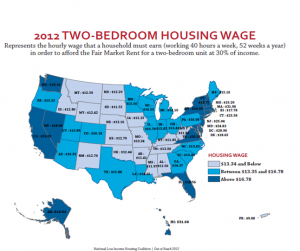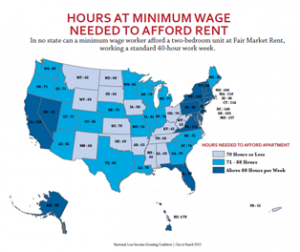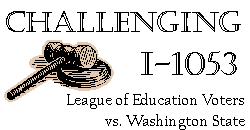Governor signs bill establishing new Student Achievement Council
Governor Gregoire signed HB 2483 today which will create a new cabinet level agency, the Student Achievement Council.
Passed by a bi-partisan effort, responsibilities for the Council will include developing policy and strategies to raise the percentage of Washingtonians with post-secondary education as well as administering state financial aid programs. 
According to the Higher Education Coordinating Board’s blog, the new law (which becomes effective July 1st will have several goals:
a) To propose to the governor and the Legislature goals for increasing educational attainment in Washington, recommend the resources necessary to achieve the goals, and monitor progress toward meeting the goals;
b) To propose to the governor, the Legislature, and the state’s educational institutions, improvements and innovations needed to continually adapt the state’s educational institutions to evolving educational attainment needs; and
c) To advocate for higher education through various means, with the goal of educating the general public on the economic, social and civic benefits of post- secondary education, and the consequent need for increased financial support and civic commitment in the state.
More information about the new law can be found here.


 Today the King County Superior Court heard arguments on a lawsuit challenging the constitutionality of Tim Eyman’s Initiative 1053. The initiative imposes a supermajority vote in the state Legislature to raise revenues or close tax loopholes. The League of Education Voters, along with the Washington Education Association, parents, taxpayers and lawmakers are asking the court to rule that the supermajority requirement is unconstitutional.
Today the King County Superior Court heard arguments on a lawsuit challenging the constitutionality of Tim Eyman’s Initiative 1053. The initiative imposes a supermajority vote in the state Legislature to raise revenues or close tax loopholes. The League of Education Voters, along with the Washington Education Association, parents, taxpayers and lawmakers are asking the court to rule that the supermajority requirement is unconstitutional.